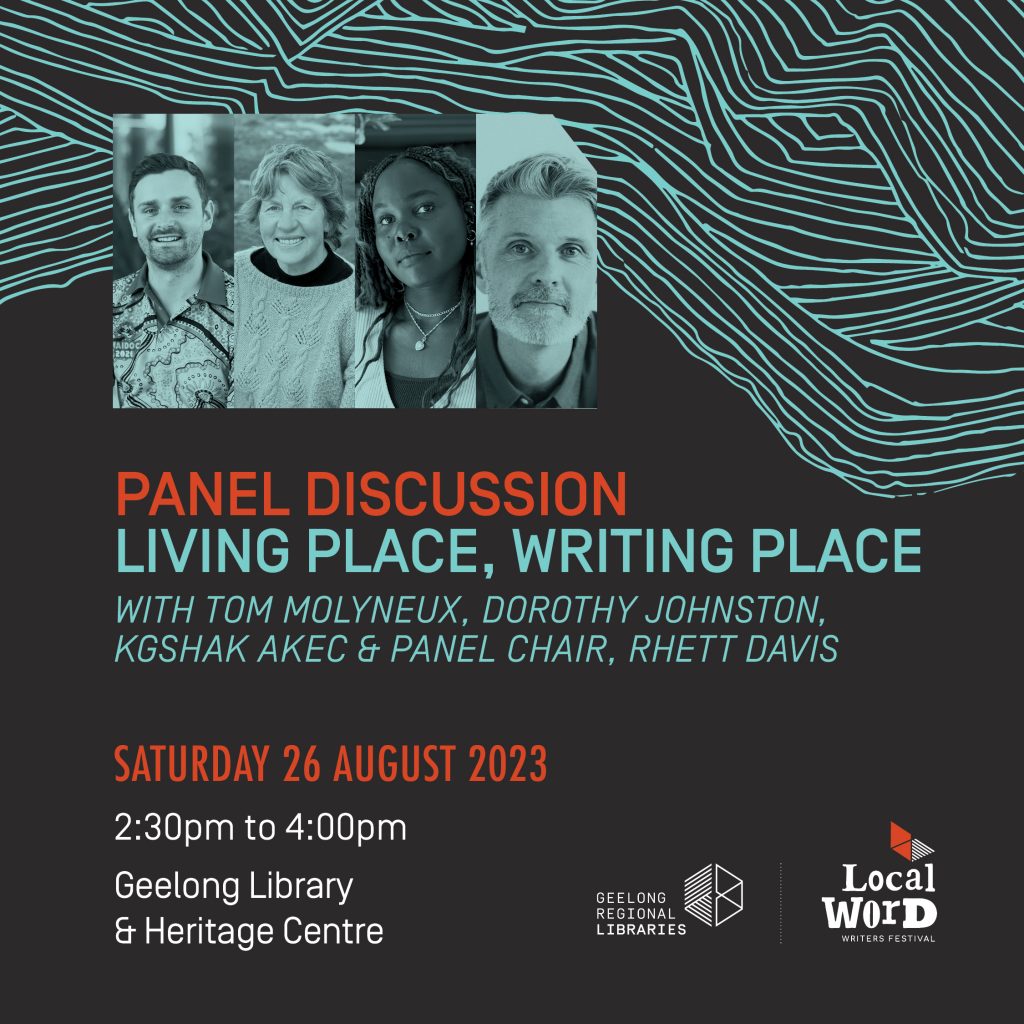
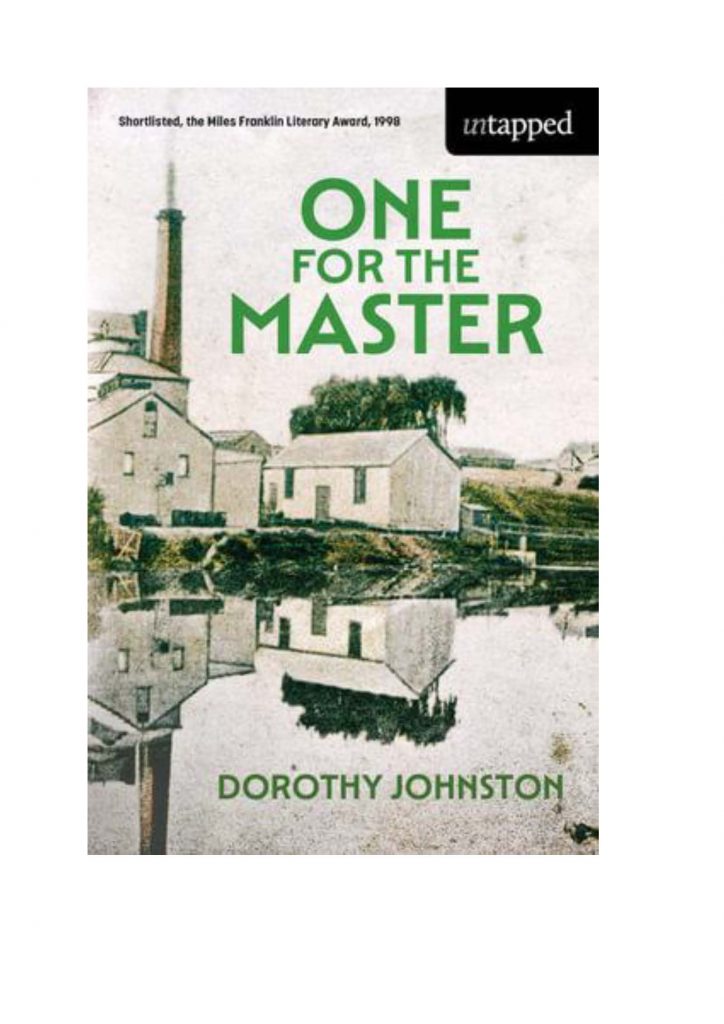
In a few weeks’ time I will be taking part in the Local Word festival in Geelong, and speaking about my novel One for the Master. I’ll be joining a panel of writers who have set their works on, and been influenced by, Geelong, the Bellarine Peninsula and the Surf Coast – speaking broadly, Wadawurrung Country. The panel will comprise actor and playwright Tom Molyneux, Sudanese writer Kgshak Akec, and myself, with panel chair, Rhett Davis.
One for the Master tells the story of the collapse of the woollen industry in Geelong. Geelong used to be called the Bradford of the south, and this old, dirty, proud industrial city was the one I was born and grew up in, in the 1950s and 60s.
My family first lived in West Geelong, then moved across the river to Belmont, within walking distance of the Barwon River. My sister and I used to escape down there to a place we called the swamp. Swampy it was, muddy and marshy on the river bank. It was wild and lonely and we seldom saw anybody else. It would never have occurred to our parents that we needed adult supervision or accompaniment.
Many years later, after I had moved first to Melbourne then to Canberra, I came back for a visit and was staying at my parents’ house with my daughter, then a toddler. I decided to take her for a walk in the pram along the river bank. It was a misty morning, autumnal, cool. We watched the mist rising from the river. After we’d gone a little further, I noticed huge shapes appearing out of the mist. I knew them to be part of an abandoned woollen mill. It looked ruined, ghostly, yet it had its own kind of dignity. I wondered why no one had pulled it down and built something else, the land along the river surely being valuable.
I began talking to my father about the ruin. His older sister had once worked in a woollen mill. I tried to talk to her as well, but she wasn’t keen to re-live her experiences. My father had lived all his life in Geelong and had a wide circle of acquaintances. It was through them, and through the fine resources of the National Wool Museum, that I began building up a picture of what life had been like in the mills. I heard stories of women’s hair being pulled out by the machines, of being scalped, of constant back pain, of the paternalistic approach of the mill owners, which had its good and bad side, then of the demise of the industry. Synthetics took over from wool. Then came the tariff reforms of the 1970s.
One for the Master is fiction. It does not set out to give a definitive account of life in Geelong’s woollen mills. Though loosely based on the Returned Soldiers Mill, my mill is an imaginary place, peopled with characters that grew out of my imagination. I would not have written it had it not been for that morning in the mist, and I certainly wouldn’t have written it had I not had access to the first hand accounts of working life held in the wool museum. Once begun, though, the novel took on a life of its own.
One for the Master was first published in 1997 and shortlisted for the 1998 Miles Franklin Award. It has recently been re-published as part of the Untapped Project, for which I am very grateful.
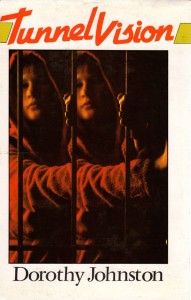
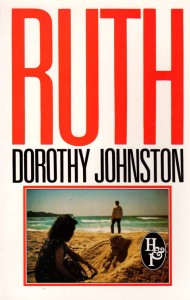
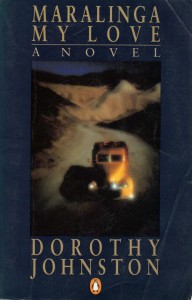
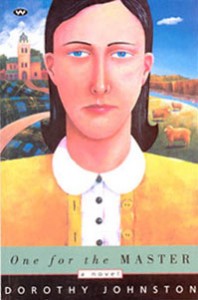
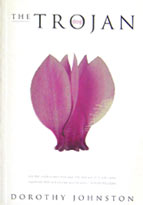
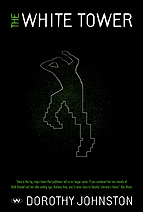
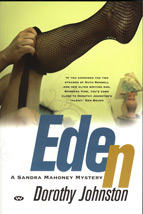
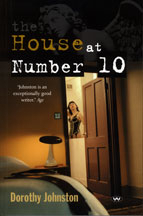
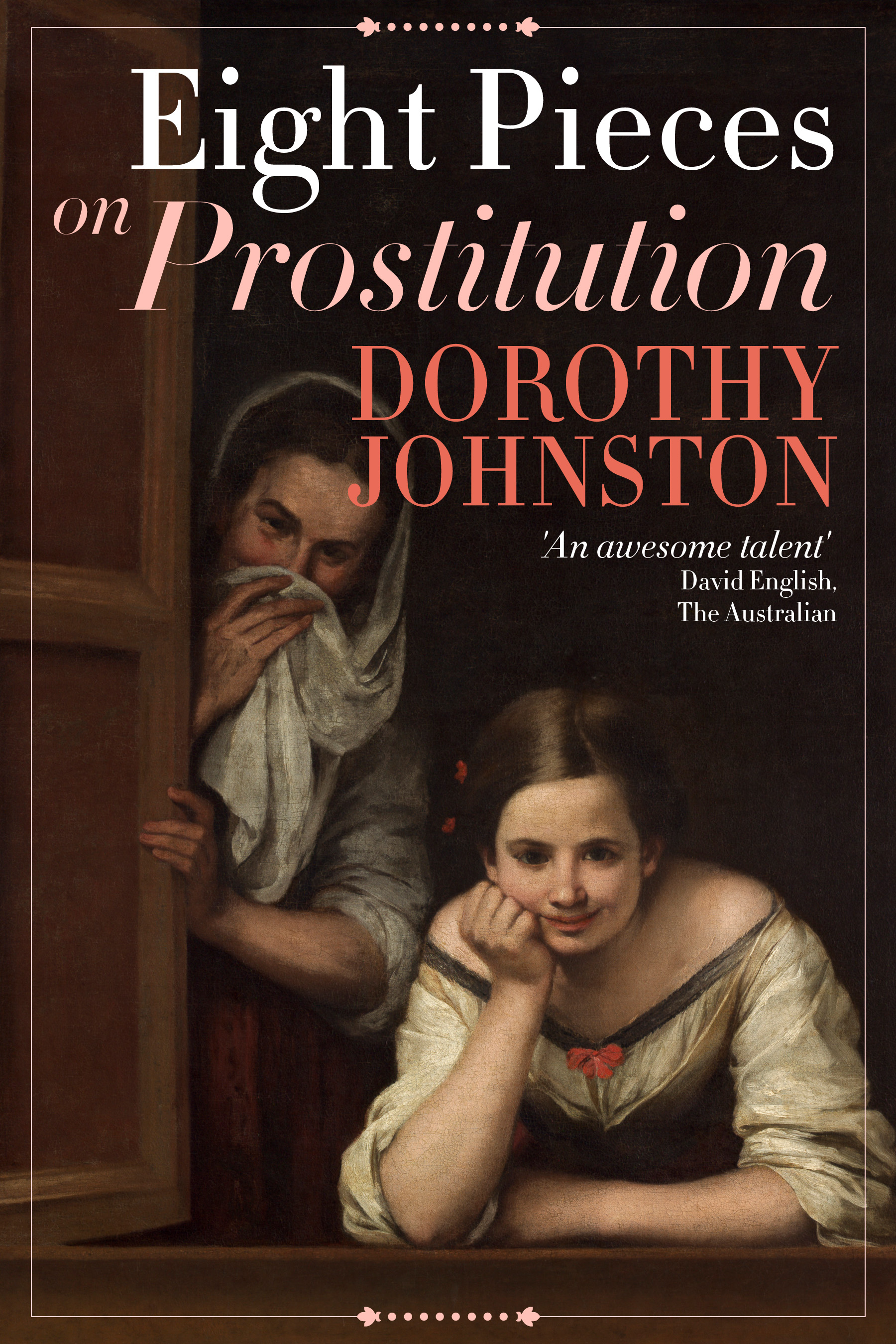
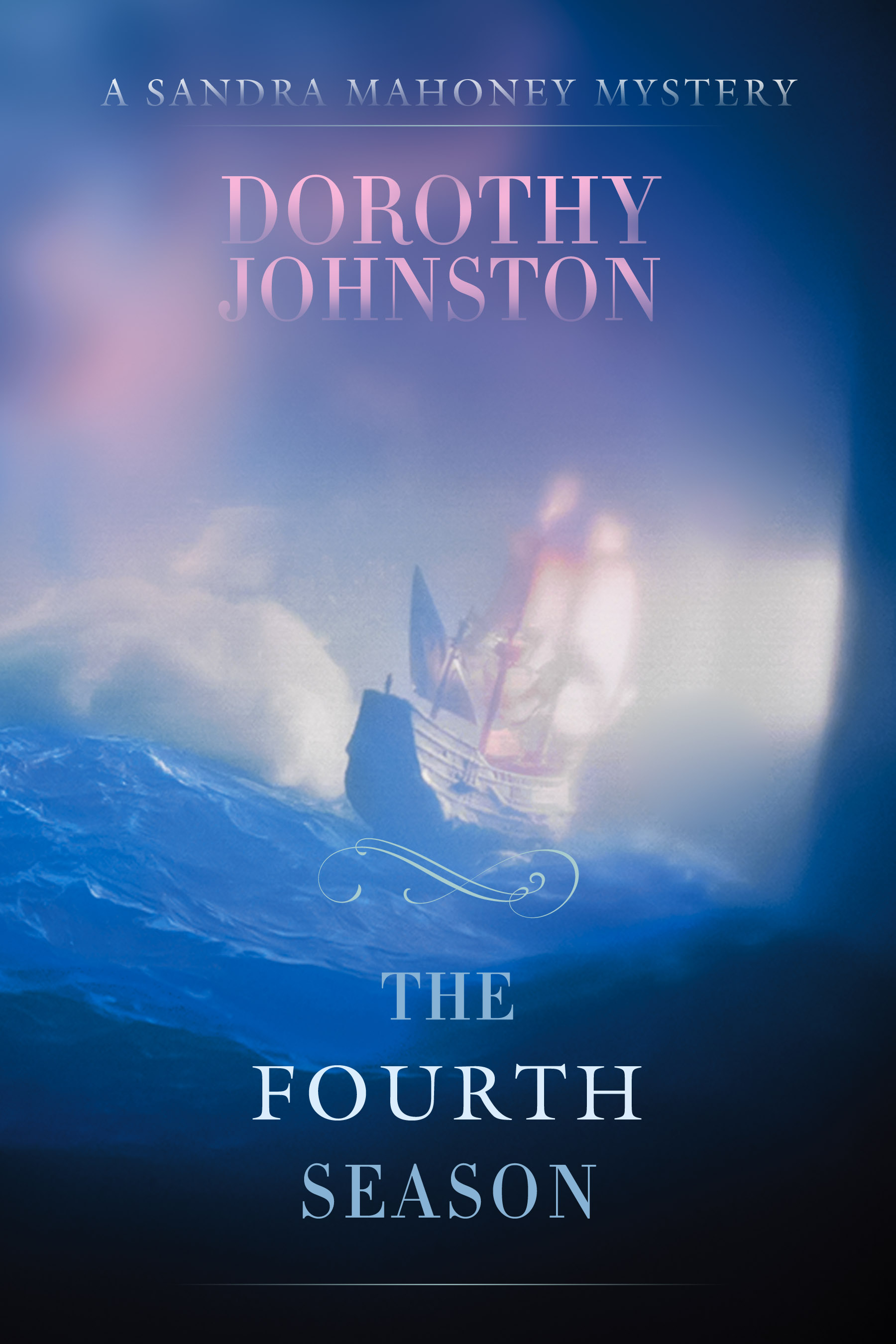
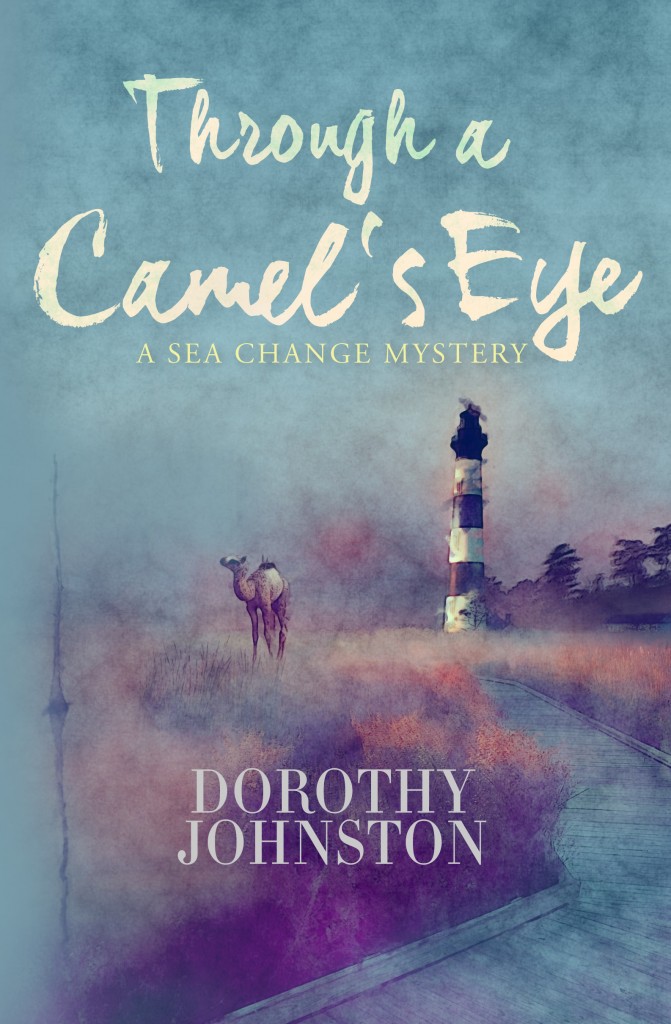
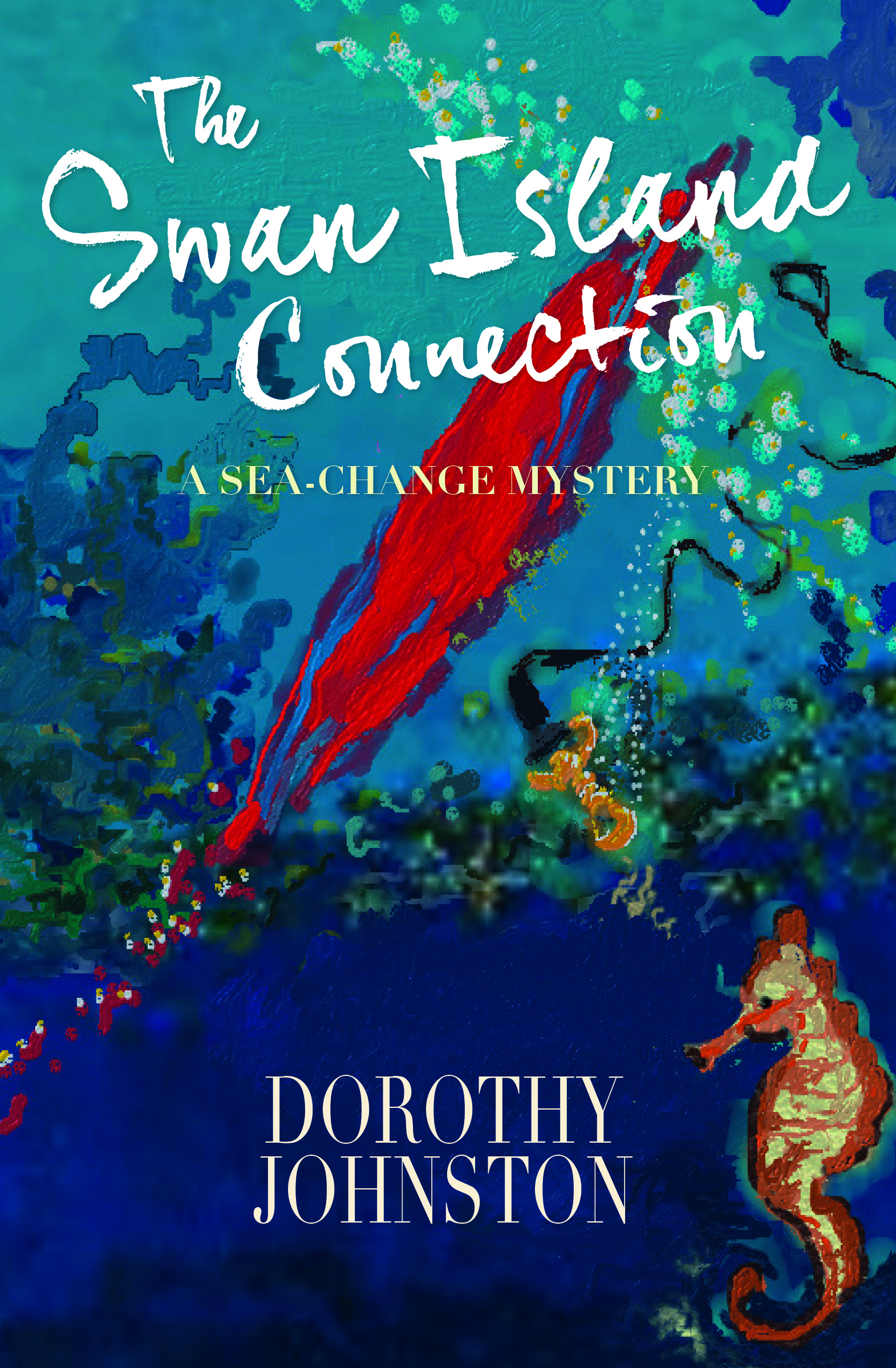
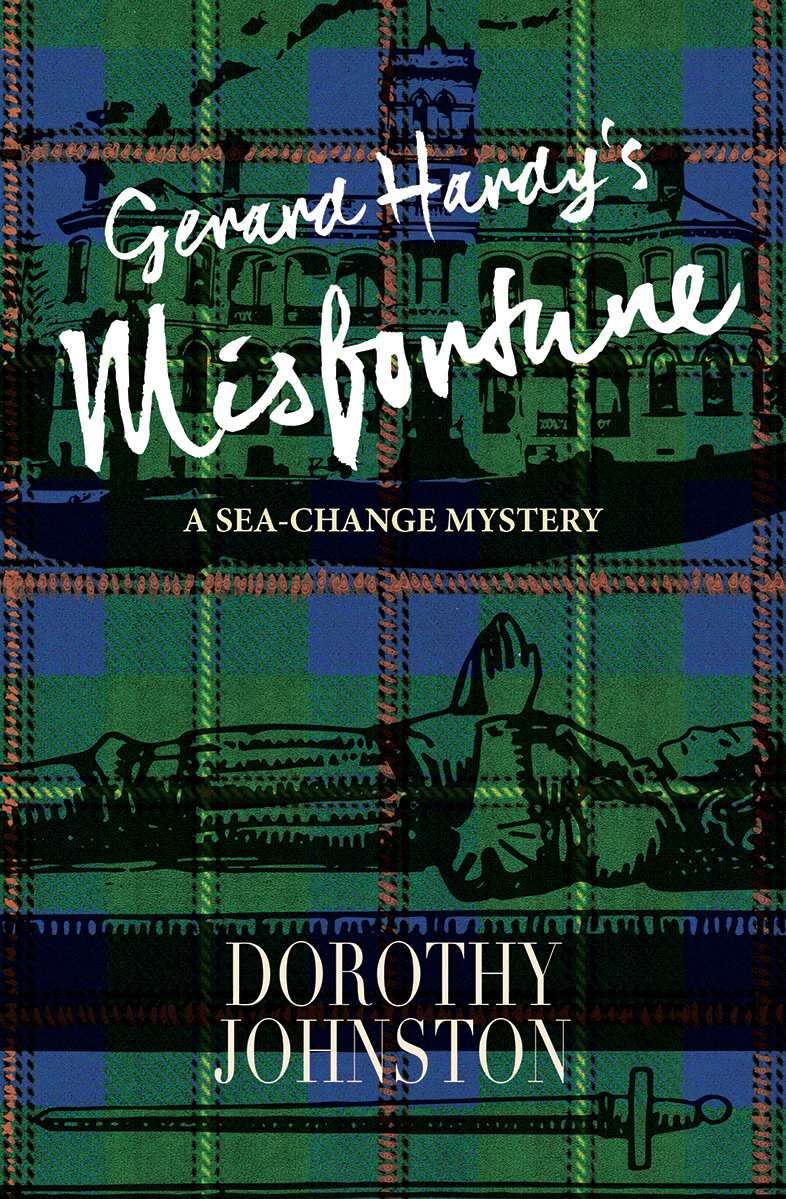
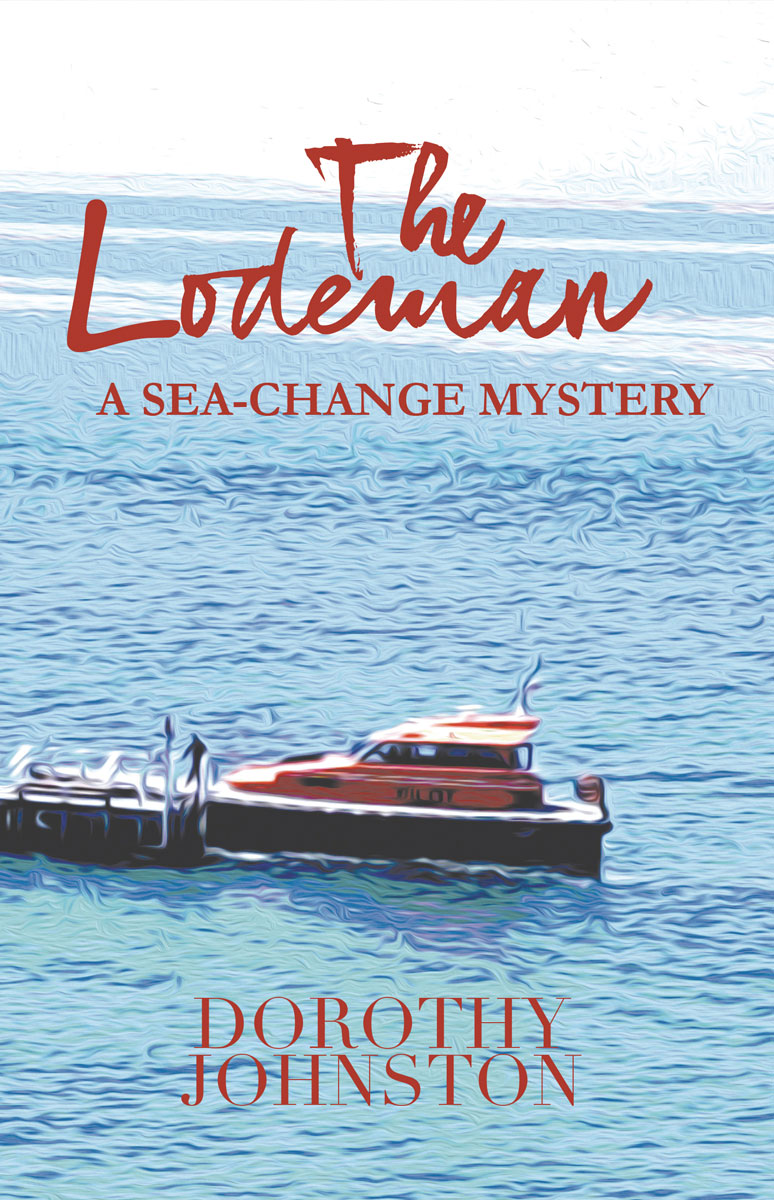
Leave a Reply